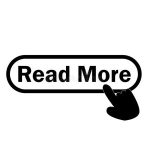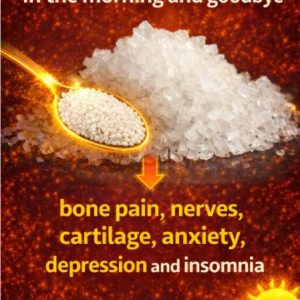Former President Donald Trump has filed a sweeping appeal to overturn his New York conviction, denouncing the case as one of the most politically motivated prosecutions in American history. The 111-page appeal, lodged with the New York Appellate Division, challenges Manhattan District Attorney Alvin Bragg’s 34-count conviction for falsifying business records. Trump’s legal team argues the charges were politically driven, targeting bookkeeping entries linked to 2016 payments that prosecutors claimed concealed another crime. They assert the case violated constitutional protections, citing the U.S. Supreme Court’s recent ruling on presidential immunity as bolstering their claim that state prosecutors overstepped their authority. Trump’s attorneys contend that Bragg distorted a minor administrative issue into a felony for political gain — an unprecedented move in New York legal history.
In their filing, Trump’s team portrays the case as “Radical Democrat Lawfare,” accusing Bragg of weaponizing the courts to silence political opposition. The appeal also challenges the jury instructions, which allowed jurors to convict without agreeing on what secondary crime was allegedly covered up — a potential due process violation that legal experts say could become a key point on appeal. Constitutional scholar John Yoo noted that if Trump prevails, it could redefine the limits of state authority over federal officials, setting a precedent for future prosecutions of national figures. Critics, however, dismiss the appeal as a delay tactic, while Trump’s lawyers insist it exposes the corruption of a justice system used for political ends.
Trump himself has framed the appeal as a defense of democracy rather than a personal fight, declaring the case “a total sham.” His team says the effort aims to prevent future political prosecutions and restore faith in equal justice under law. As the appellate process unfolds — likely stretching into 2026 — the outcome could reshape both Trump’s political future and the broader boundaries of prosecutorial power in America.




